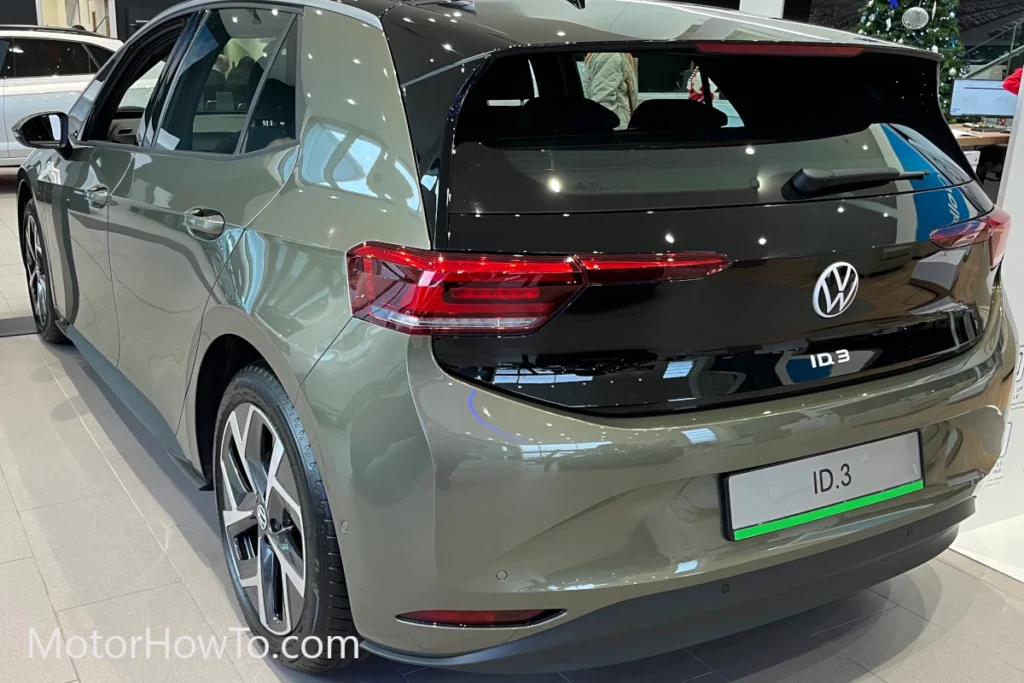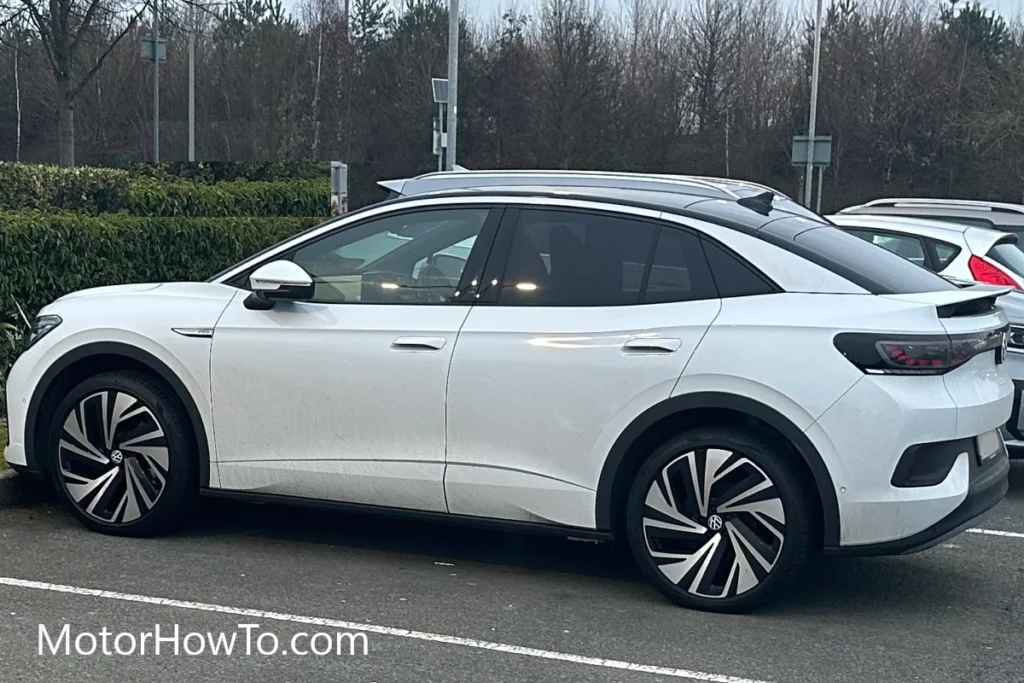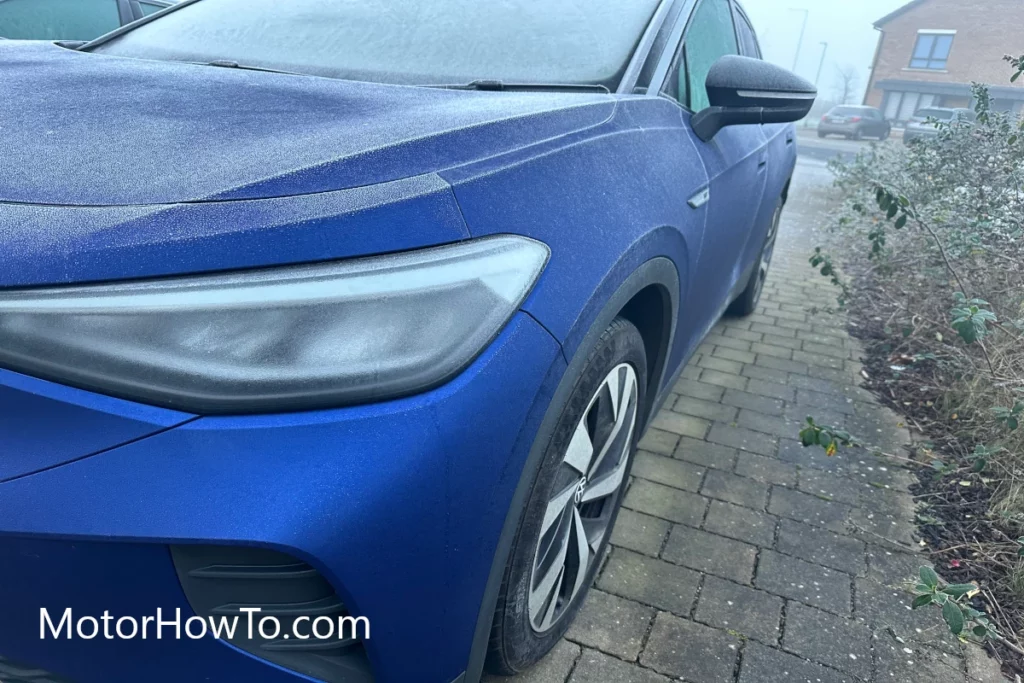As electric vehicles (EVs) become more popular and their driving ranges increase, many drivers are considering switching to electric.
However, one of the most common concerns for those considering an electric vehicle is what happens if the car runs out of battery in the middle of nowhere.
This can be a daunting scenario, especially for those accustomed to gasoline-powered vehicles’ convenience.
If your electric car runs out of battery in the middle of nowhere, the best action is to call for roadside assistance or remote charging service. Depending on where you are, you can use a mobile charging station or have a professional charging service come to you.

While running out of battery in the middle of nowhere may seem like a nightmare scenario, the reality is that several factors can impact the outcome of this situation.
In this article, we will explore the different variables that come into play when your electric car runs out of miles, which included the below:
- Vehicle’s driving range
- Availability of charging stations
- Overall terrain and climate of the surrounding environment.
By examining these factors, we can better understand what may happen if your electric car runs out of battery in the middle of nowhere and how you can prepare for this potential scenario.
Check out this great video with a real life example on what happens when you run out of battery in a Tesla Model 3
Related:
- What Happens If Water Gets In Your EV Battery? (Explained)
- Can You Stall An Electric Car? (Explained For Beginners)
- What If The EV Has The A/C On? (How Long Will It Last)
How Often Do Electric Cars Run Out Of Charge
The frequency with which electric cars run out of charge varies depending on several factors, including the driver’s driving habits, the capacity of the car’s battery, and the availability of charging infrastructure.
In general, most electric cars on the market today have a range of at least 100 miles on a single charge, and many have ranges that exceed 200 miles.
This means that running out of charge during a typical day’s driving is unlikely for most drivers, as they will have ample range to complete their daily commute and other errands.
However, the risk of running out of charge may be higher for drivers who frequently travel long distances or live in areas with limited charging infrastructure.
In these situations, drivers need to plan their trips carefully, using available charging stations and being mindful of their driving habits to ensure that they maximize the range of their electric vehicles.
Can You Push An Electric Car?
You cannot push start an electric car in the traditional sense, however some electric cars such as Tesla have a “tow mode” which allows the car to go on neutral for about 20 minutes so it can be pushed for around to a safe location.
Unlike gasoline-powered vehicles, electric cars solely rely on their batteries and electric motors to start and move the vehicle, rather than a traditional starter motor and combustion engine.
To start an electric car, the driver must simply press the “on” button or engage the car’s brake pedal and press the accelerator to move the car forward.
There is no need to engage a separate starter motor or manually shift gears, as these functions are handled automatically by the car’s onboard computer.
Suppose an electric car is unable to start or move on its own. In that case, the best action is to contact the manufacturer or a qualified electric vehicle technician for assistance.
Additionally, pushing an electric car by hand is not recommended, as this can damage the car’s electric motors and other components.
Can You Jump Start An Electric Car?
When you run out of miles in an electric car, jump-starting is not recommended and can be dangerous.
Unlike traditional gas-powered vehicles, electric cars use high-voltage batteries and motors to start and operate the vehicle.
Attempting to jump-start an electric car can cause damage to the car’s electrical system, including the battery, onboard computer, and electric motors.
Suppose an electric car’s battery is completely drained and cannot be recharged. In that case, the best action is to contact the manufacturer or a qualified electric vehicle technician for assistance.
In some cases, towing the vehicle to a charging station or replacing the battery may be possible.
To avoid the need for a jump-start or battery replacement, electric car owners must always follow the recommendations from the owner’s manual, maintenance schedule which can preserve battery’s health and extend life. For example avoiding frequent rapid charging and keeping the car’s battery within the recommended temperature range.
Can AAA Charge An Electric Car
AAA (American Automobile Association) offers roadside assistance for electric vehicles, including a range of services designed to help electric car owners in case of a breakdown or other issues.
One of the services AAA offers for electric vehicles is mobile charging, which allows AAA technicians to come to the vehicle’s location and provide a charge to the car’s battery.
However, it is important to note that not all AAA locations offer mobile charging for electric cars, and the availability of this service may vary depending on the location and the specific technician dispatched to the scene.
In addition, the amount of charge provided by AAA may be limited and insufficient to recharge the car’s battery fully.
Suppose the car’s battery is completely drained and cannot be recharged. AAA may also be able to arrange for a battery replacement or other repairs, depending on the circumstances of the breakdown.
In some cases, AAA may tow an electric car to a nearby charging station, the owner’s home, or a place of work.
Do Electric Cars Lose Charge When Parked?
Electric cars can lose charge when parked for long hours, but the discharge rate is much slower than that of traditional battery of a gas-powered vehicles.
This is because electric car batteries are specialised batteries and are designed to maintain their charge over long periods, and many models include systems that help prevent battery drain when the car is not in use.
The rate of battery discharge in an electric car can depend on a variety of factors such as below:
- Age and health of the battery pack
- Surrounding temperature and climate in which the car is parked
- Amount of energy-consuming systems that are left on while the car is parked, such as the radio or climate control.
To minimize the amount of charge lost when an electric car is parked, it is recommended to park the car in a cool, dry location and avoid leaving energy-consuming systems on while the car is not in use.
Additionally, many electric car models include “sleep” or “hibernation” modes that help reduce battery drain when the car is not used for extended periods, such as when it is stored for the winter.
Conclusion
The frequency with which electric cars run out of charge varies depending on several factors, such as driving habits, battery capacity, and the availability of charging infrastructure. However, running out of charge during a typical day’s driving is unlikely for most drivers.
It is important for drivers who frequently travel long distances or live in areas with limited charging infrastructure to plan their trips carefully and use available charging stations. While running out of battery in the middle of nowhere can be a concern, several factors can impact the outcome of this situation.
If an electric car runs out of battery in the middle of nowhere, the best action is to call for roadside assistance. While mobile charging stations or professional services can come to provide a charge, it is important to note that not all locations offer this service.
Additionally, electric car owners should be aware that they cannot push start or jump-start an electric car and should avoid leaving energy-consuming systems on while not in use.
With careful planning and adherence to manufacturer-recommended maintenance schedules, electric vehicle owners can have a safe and efficient driving experience while minimizing the risk of running out of battery power.
Sources
Ask the EV Experts: What Happens When I Run Out of Charge?
99% of drivers overestimate how often EVs run out of charge
How often do electric cars run out of battery charge?
Can you pushstart a hybrid / fully electric car?
Can you jump-start an electric car?
Electrifying AAA Member Benefits



